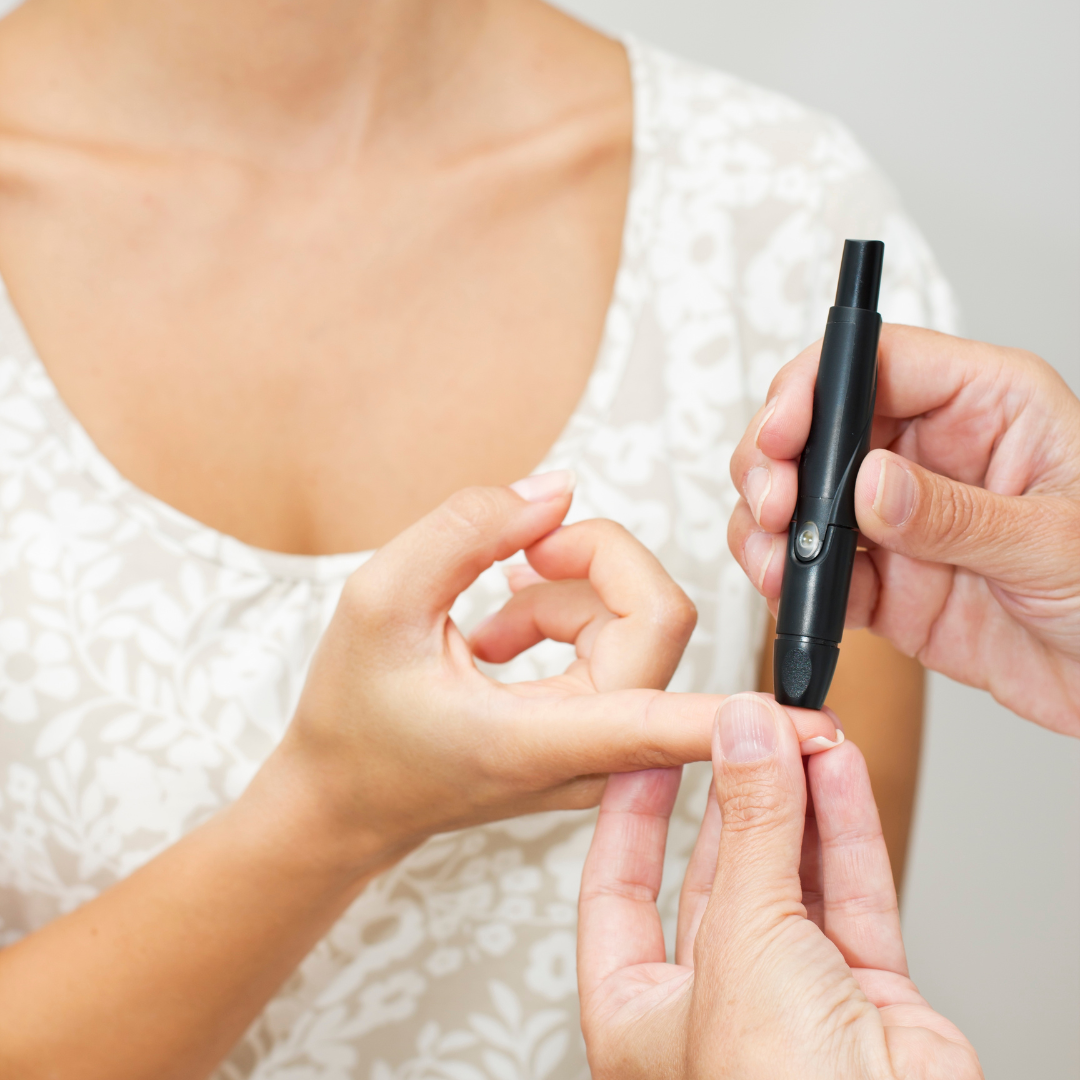An estimated 1 in 10 Americans have diabetes and the vast majority (90-95%) have type 2 diabetes. Type 2 diabetes occurs when your body doesn’t respond normally to insulin. Over time, insulin resistance causes your body to require even more insulin, resulting in high blood sugar.
While adults over 45 are at a greater risk for type 2 diabetes, it can occur at any age because genetics along with unhealthy diet and lifestyle choices play a large role in developing type 2 diabetes. This National Diabetes Month, we’re breaking down the risks of type 2 diabetes by age group and what you can do to prevent it.
Type 2 Diabetes Risk Factors
The risk of type 2 diabetes is a combination of lifestyle and genetic factors. You are at a higher risk if:
- A parent or sibling has diabetes
- You are overweight
- You are over the age of 45
- History of gestational diabetes
- History of prediabetes
- African Americans and Latinos are at a higher risk
Risk by Age
Children and Teens
While more common in adults, cases of type 2 diabetes in children and teens are on the rise. Most children diagnosed with type 2 diabetes have a family member who has it, but there are also risks due to lifestyle and diet to consider. Early intervention and lifestyle changes can potentially reverse type 2 diabetes in children and teens.
Young Adults
Young adults experience many life changes – like living and eating on their own for the first time – that provide unique challenges and risks of developing type 2 diabetes. It’s important for this age group to establish and maintain a good diet and consistent exercise habits through these lifestyle changes.
Middle-Aged Adults
In adults 35-45, the risk of a new onset type 2 diabetes diagnosis increases because unhealthy eating and activity habits are usually established. At this age, weight gain, high blood pressure, high cholesterol, and lack of exercise can increase the risk of developing diabetes.
Older Adults
Adults over age 65 have unique considerations when it comes to a type 2 diabetes diagnosis and are more likely to experience insulin resistance and production later in life. Risks that increase with age, such as limited mobility, cognitive issues, and other autoimmune diseases, present additional challenges for this age group.
Type 2 Diabetes Prevention
At any age, there are some steps you can take to reduce your risk of developing type 2 diabetes.
- Develop healthy eating habits
- Maintain a healthy weight
- Incorporate exercise into your routine
- Quit smoking
- Control blood pressure
At Texas Diabetes and Endocrinology, our team of board certified endocrinologists, certified diabetes educators, and health coaches help diabetics take control of their health. We offer a personalized approach and a full range of diabetes services including NextStepMD weight loss program, medications, clinical trials, continuous glucose monitoring, and insulin pumps.
To schedule an appointment in Central Austin, South Austin or Round Rock, call 512-458-8400 or request an appointment online.
Don’t forget to follow us on Facebook and Instagram and check back with us each month as we provide you helpful wellness and health information.





